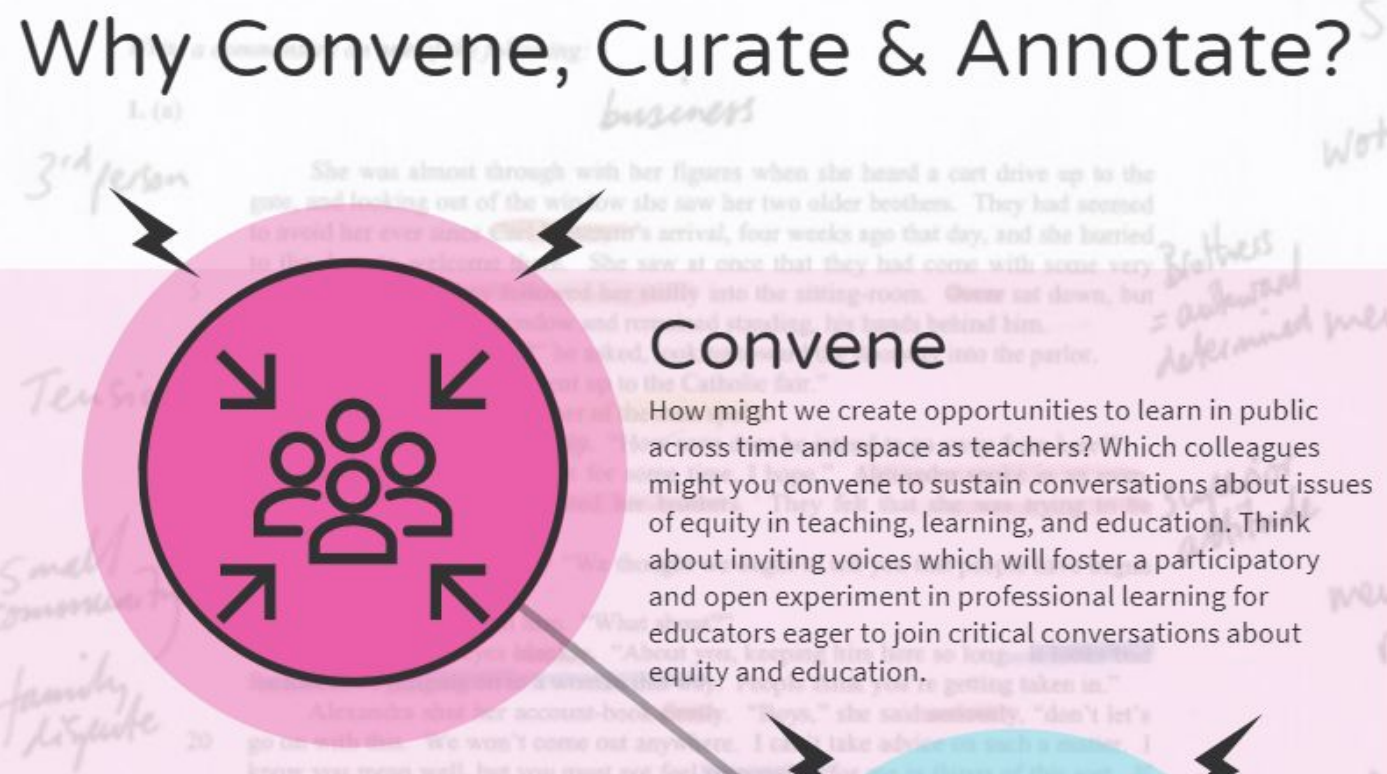Antero Garcia and I have authored a book about annotation titled "Annotation" that is forthcoming from the MIT Press. We reference this speech by Morrison in the beginning of our chapter that examines the ways in which annotation provides information. Here's the opening of that chapter:
"In 1993, Morrison was awarded the Nobel Prize in Literature for 'novels characterized by visionary force and poetic import.' In her Nobel Lecture, she noted how language, whether spoken or written, can limn, or describe and detail, life. Derived from the Latin illuminare, meaning to 'make light' or 'illuminate,' limn has been used throughout literary history to generally describe—and convey the literal illustration of—a manuscript. One affordance of annotation is that it enables readers and writers to limn, or describe, their texts. In doing so, how does such annotation provide information?"
 If you are joining an annotation conversation for the first time, or if you are using Hypothesis to annotate for the first time, here are a few useful notes and resources:
If you are joining an annotation conversation for the first time, or if you are using Hypothesis to annotate for the first time, here are a few useful notes and resources: